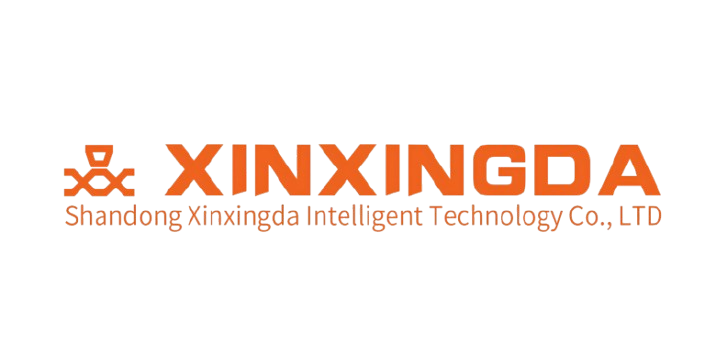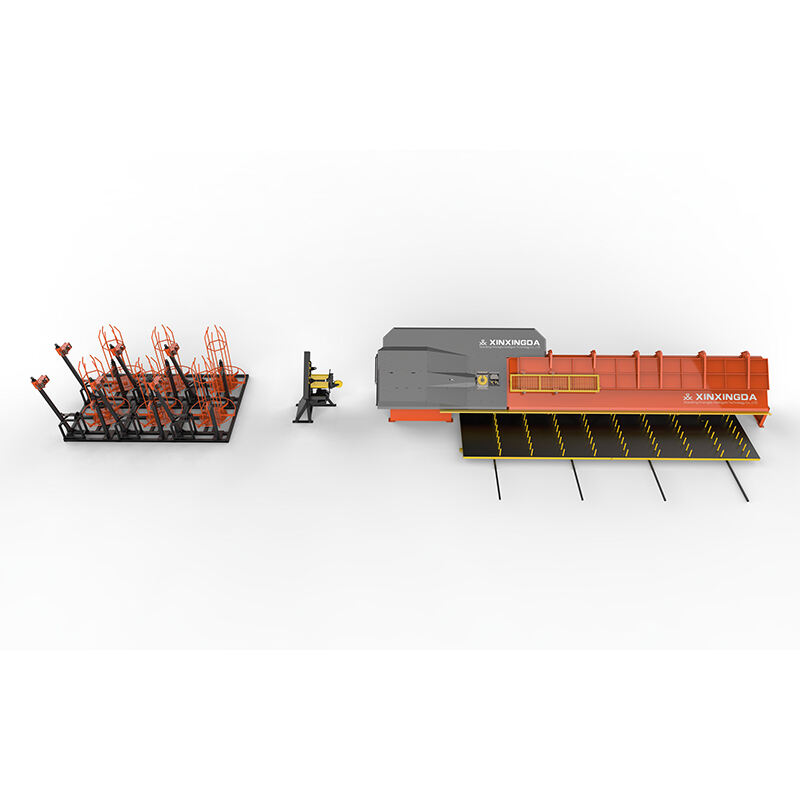Maximizing ROI Through Strategic Equipment Investment
The construction industry's landscape continues to evolve, with equipment decisions playing a pivotal role in a contractor's success. Making informed choices about construction equipment value requires careful consideration of multiple factors, from initial costs to long-term operational benefits. For large contractors managing extensive projects, selecting the right machinery can mean the difference between profitable growth and costly setbacks.
Today's market offers an unprecedented range of options, each promising to deliver optimal performance and return on investment. However, the true measure of construction equipment value extends far beyond the price tag, encompassing factors like versatility, durability, and technological integration. Let's explore the most valuable equipment choices for large-scale contracting operations.
Essential Heavy Equipment Categories
Earthmoving Equipment
Excavators and bulldozers remain cornerstone investments for large contractors. Modern excavators with advanced hydraulic systems and precise control mechanisms offer exceptional construction equipment value through improved efficiency and reduced fuel consumption. The latest models feature integrated GPS systems and machine control technology, enabling operators to achieve grade accuracy within millimeters.
Wheel loaders and backhoes complement excavation operations while offering versatility across different project types. These machines demonstrate superior construction equipment value through their ability to handle multiple tasks, from material handling to site preparation, effectively reducing the need for specialized equipment.
Material Handling Equipment
Cranes represent a significant investment but deliver substantial returns through their essential role in vertical construction. Tower cranes, particularly those with advanced safety features and remote monitoring capabilities, provide exceptional value for large-scale projects. Mobile cranes offer flexibility and can be deployed across multiple sites, maximizing their utility and return on investment.
Telehandlers and forklifts demonstrate remarkable construction equipment value through their adaptability and efficiency in material movement. These machines significantly reduce manual labor requirements and accelerate project timelines, directly impacting the bottom line.
Technology Integration and Smart Features
Telematics and Fleet Management
Modern construction equipment increasingly incorporates sophisticated telematics systems, offering real-time monitoring and data analysis capabilities. These features enhance construction equipment value by enabling proactive maintenance scheduling, reducing downtime, and optimizing machine utilization. Fleet managers can track equipment location, monitor fuel consumption, and analyze performance metrics to make data-driven decisions.
Advanced diagnostic systems alert operators to potential issues before they become critical, preventing costly repairs and extending equipment lifespan. This predictive maintenance approach significantly increases the overall value proposition of contemporary construction machinery.
Automation and Precision Control
Automated grade control systems and machine guidance technology represent a revolutionary advancement in construction equipment value. These features not only improve accuracy but also reduce rework and material waste, leading to substantial cost savings over time. Operators can achieve precise results faster, increasing productivity while maintaining quality standards.
Semi-autonomous operation capabilities are becoming increasingly common, allowing machines to perform repetitive tasks with minimal operator input. This technology not only enhances safety but also maximizes construction equipment value by maintaining consistent performance levels throughout long working hours.
Sustainability and Operating Costs
Fuel Efficiency and Environmental Impact
Electric and hybrid equipment options are gaining traction, offering significant long-term construction equipment value through reduced fuel costs and lower maintenance requirements. While initial investment may be higher, these machines often prove more economical over their lifecycle, particularly in regions with strict emissions regulations or high fuel prices.
Advanced engine management systems and eco-modes optimize fuel consumption without sacrificing performance. These features contribute to both environmental sustainability and operational cost reduction, enhancing the overall value proposition of modern construction equipment.
Maintenance and Longevity
Equipment designed with simplified maintenance access and modular components delivers superior construction equipment value through reduced service time and costs. Manufacturers are increasingly focusing on designing machines that facilitate quick maintenance procedures and part replacement, minimizing downtime and maximizing productivity.
Extended service intervals and improved component durability contribute to lower total ownership costs. When evaluating construction equipment value, contractors should consider these maintenance-friendly features alongside performance specifications.
Future Trends and Considerations
Connected Jobsite Integration
The evolution toward fully connected construction sites is reshaping how we evaluate construction equipment value. Machines that can communicate with each other and integrate with project management systems offer unprecedented efficiency gains. This connectivity enables real-time project tracking, automated reporting, and optimized resource allocation.
Equipment featuring compatible communication protocols and standardized data sharing capabilities will likely offer superior long-term value as the industry continues to embrace digital transformation. Contractors should consider future compatibility when making equipment investments.
Adaptability and Versatility
Equipment that can adapt to various applications and accommodate different attachments typically offers enhanced construction equipment value. Multi-purpose machines reduce the need for specialized equipment while maintaining high performance standards across different tasks. This versatility is particularly valuable for contractors managing diverse project portfolios.
Quick-attach systems and universal compatibility features allow for rapid tool changes and increased equipment utilization. These capabilities significantly impact overall construction equipment value by improving operational efficiency and reducing equipment inventory requirements.
Frequently Asked Questions
What factors most significantly impact construction equipment value?
The most significant factors include initial purchase price, operational costs, maintenance requirements, fuel efficiency, versatility, and technological features. Additionally, manufacturer support, parts availability, and resale value play crucial roles in determining overall equipment value.
How does equipment size affect its value proposition?
Equipment size should align with typical project requirements and job site conditions. While larger machines may offer higher productivity, they might not provide optimal value if they're frequently underutilized or face site access limitations. The best value comes from matching equipment size to project scope and frequency of use.
When should contractors consider upgrading their equipment?
Contractors should consider upgrading when maintenance costs begin to escalate, when new technology offers significant efficiency improvements, or when project requirements evolve beyond current equipment capabilities. Regular evaluation of equipment performance and operating costs helps determine optimal upgrade timing.
How important is manufacturer support in equipment value assessment?
Manufacturer support is crucial for maximizing construction equipment value. Strong dealer networks, readily available parts, responsive service teams, and comprehensive warranties contribute significantly to equipment reliability and longevity. These factors should be carefully considered during the equipment selection process.


